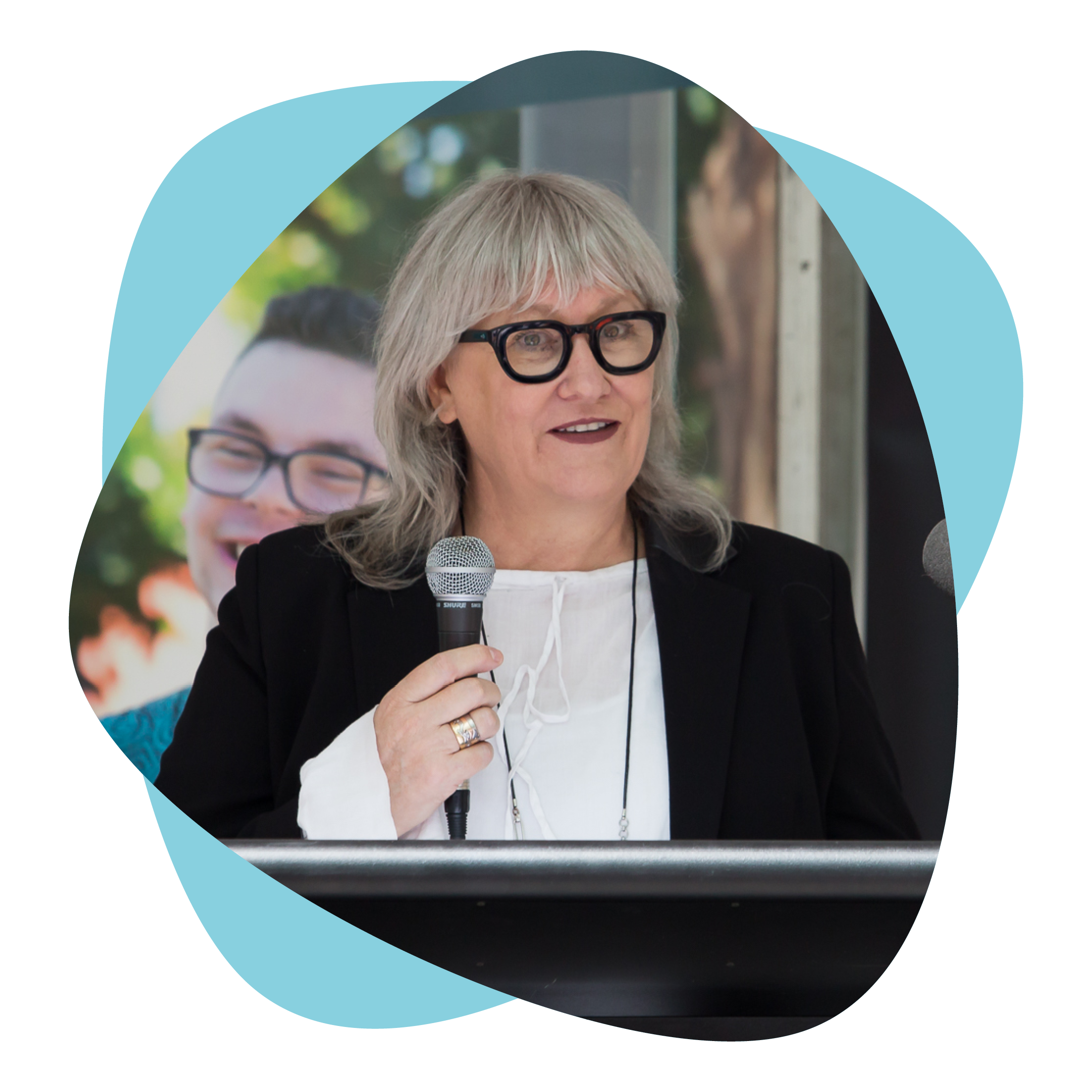
March 2022
Day for Equality is Here
On 7 March 2022, Junction hosted around 100 business and community leaders at our One Voice event – a discussion about how we can all work towards gender equality.
Janine Hendry, founder of the inaugural March4Justice was our guest speaker. Read her column in the Advertiser below:
A little less than a year ago, I stood at a podium in Canberra ready to address 10,000 women and their allies who had gathered. We were protesting against gendered violence and its underpinning cause – inequality.
I will admit I was a little surprised at the numbers, having always believed I would be standing there with my seven mates, and a few placards.
But there we were, and a further 110,0000 women and men listening to similar speakers at another 200-plus events across Australia. What started as a tweet ended up with a plethora of people, brought to the brim of frustration at the levels of gendered violence in this country, desperately wanting to make changes.
What March4Justice did was break the silence. It has been pivotal in starting to change the narrative around gendered abuse in this country, in the community, in boardrooms and in schools.
On Monday I stood in front of 120 business and community leaders at an event hosted by Junction – a social enterprise supporting about 10,000 South Australians a year through housing and community services. Gender inequality underpins so many of the social challenges we face and I have no doubt it will also be a defining factor in the upcoming elections.
To say there is a lot of work to still do, is a gross understatement.
The situation in Australia is not pretty. We see 23 per cent of university vice-chancellors are women. As well, 34 per cent of 2000 ASX-listed board positions are held by women. In the Supreme Court 38 per cent of judges are women. The federal parliament has 32 per cent of representatives being women.
Why does this matter? Because those working in these positions are making decisions daily that affect us all.
If politicians are not representative of who we are then how can they represent us fairly and equitably?
Judges create precedent which affect women. Universities make decisions about research programs and courses which affect women. Board directors make decisions about products and services which directly target women. How can they represent women when they don’t have women making the decisions?
Is it any surprise, then, that the gender pay gap of 14.1 per cent, which had been declining until the pandemic, has now started to rise again?
Knowing this, is it any surprise that the levels of gendered violence and abuse in Australia are some of the highest in the world? When inequality is so embedded at every level in our society.
The good news is, we can create change. There will always be the need for someone to go first. The important thing is to take a step.
We need to have the hard conversations. Ask the hard questions and if you don’t know the answers, seek them out.
Abuse happens in the shadows, behind closed doors. Abuse happens in the silence. Asking the questions will bring this abuse into the light, and it is from there that we can make change.
Tuesday March 8 is International Woman’s Day.


